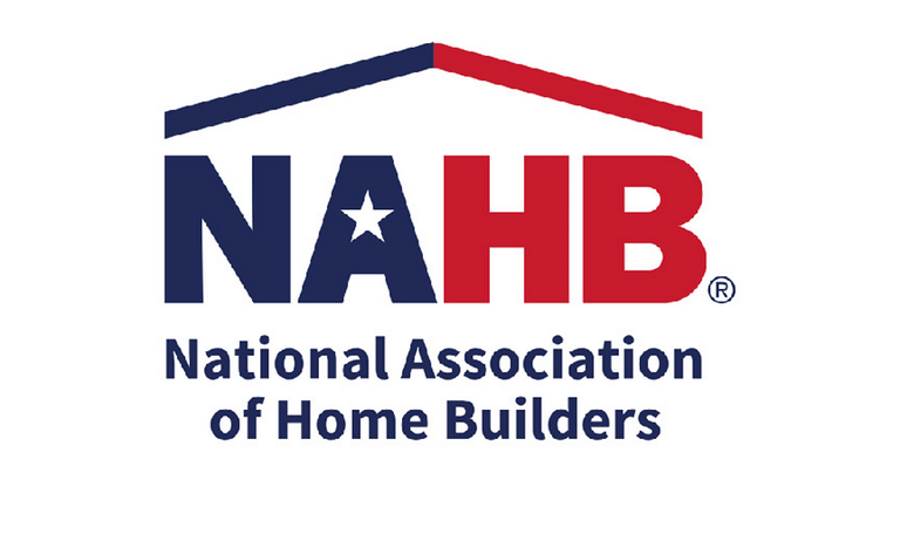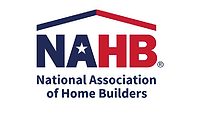Builder Confidence Continues Record Climb

In a further show of strength for the housing sector, builder confidence in the market for newly-built single-family homes increased two points to 85 in October, further surpassing the previous all-time high of 83 recorded in September, according to the latest NAHB/Wells Fargo Housing Market Index (HMI) released today. These are the first two months the index has ever been above 80.
"Traffic remains high and record-low interest rates are keeping demand strong as the concept of 'home' has taken on renewed importance for work, study and other purposes in the Covid era," said NAHB Chairman Chuck Fowke, a custom home builder from Tampa, Fla. "However, it is becoming increasingly challenging to build affordable homes as shortages of lots, labor, lumber and other key building materials are lengthening construction times."
"The housing market continues to be a bright spot for the economy, supported by increased buyer interest in the suburbs, exurbs and small towns," said NAHB Chief Economist Robert Dietz. "NAHB analysis published last week showed that new single-family home sales are outpacing starts by a historic margin. Bridging this gap will require either a gain in construction volume or reductions in available inventory, which is already at a historic low in terms of month's supply."
Derived from a monthly survey that NAHB has been conducting for 35 years, the NAHB/Wells Fargo Housing Market Index gauges builder perceptions of current single-family home sales and sales expectations for the next six months as "good," "fair" or "poor." The survey also asks builders to rate traffic of prospective buyers as "high to very high," "average" or "low to very low." Scores for each component are then used to calculate a seasonally adjusted index where any number over 50 indicates that more builders view conditions as good than poor.
All the HMI indices posted or matched their highest readings ever in October. The HMI index gauging current sales conditions rose two points to 90, the component measuring sales expectations in the next six months increased three points to 88 and the measure charting traffic of prospective buyers held steady at 74.
Looking at the three-month moving averages for regional HMI scores, the Northeast increased six points to 82, the Midwest increased three points to 75, the South rose three points to 82 and the West increased five points to 90.
HMI tables can be found at nahb.org/hmi. More information on housing statistics is also available at https://www.nahb.org/News-and-Economics/Housing-Economics-PLUS (formerly housingeconomics.com).
Looking for a reprint of this article?
From high-res PDFs to custom plaques, order your copy today!



